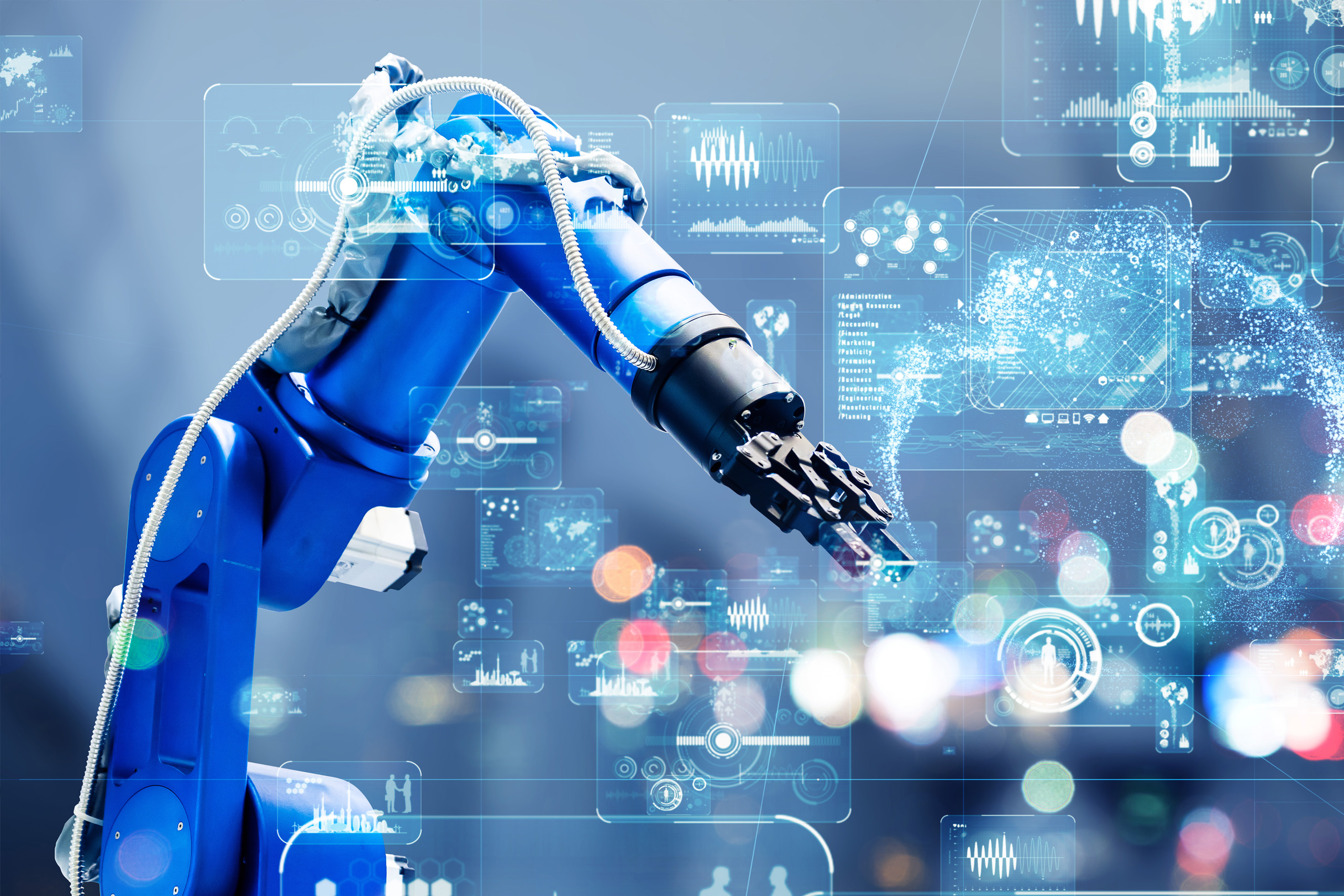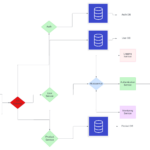Machine learning is a subfield of artificial intelligence that enables machines to learn from data and improve their performance on a specific task without being explicitly programmed. In other words, machine learning algorithms use statistical techniques to enable machines to improve their performance on a task as they are exposed to more data.
There are three main types of machine learning: supervised learning, unsupervised learning, and reinforcement learning. In supervised learning, the algorithm is trained on a labeled dataset, meaning that it is given input data as well as the corresponding output. The algorithm then learns to map the input to the output, making it capable of making predictions on new, unseen data. Unsupervised learning, on the other hand, involves training the algorithm on unlabeled data, and the algorithm must find patterns and structures within the data on its own. Finally, reinforcement learning is a type of machine learning where an agent learns to make decisions by taking actions in an environment to achieve some goal, and receives feedback in the form of rewards or penalties.
Machine learning has numerous applications across various industries, including but not limited to healthcare, finance, marketing, and autonomous vehicles. In healthcare, machine learning is used for disease detection and diagnosis, while in finance, it is used for fraud detection and risk assessment. In marketing, machine learning is used for customer segmentation and personalized recommendations, and in autonomous vehicles, it is used for object detection and decision making.
Overall, machine learning is a powerful tool that has the potential to revolutionize the way we live and work, and its applications are only expected to grow in the future.


